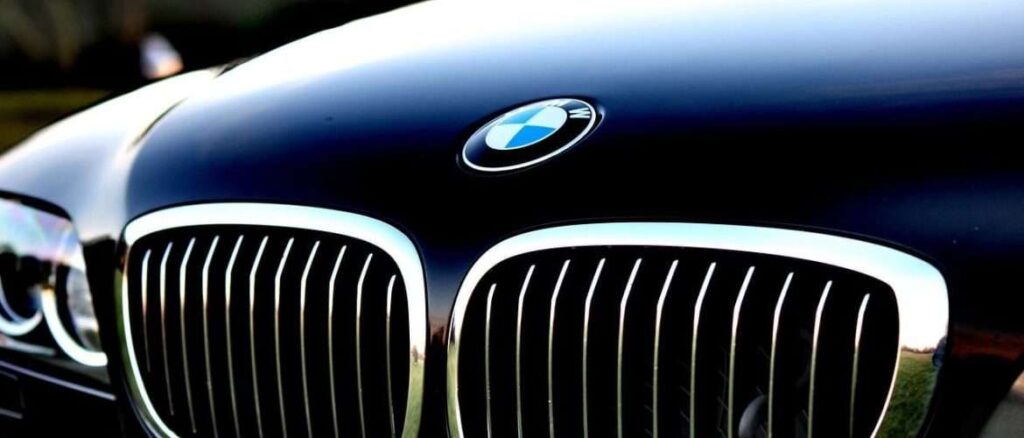BMW is a well-known luxury automobile manufacturer noted for its remarkable performance and engineering brilliance. However, even the most painstakingly made machines can develop engine problems with time. The engine is the beating heart of any car, and BMW engines are a monument to cutting-edge technology and flawless production. In this blog, we will delve into the complexities of BMW engine repair, looking at typical issues, regular maintenance, and the expertise required to return these powerful engines to their peak performance. A BMW engine requires unique skills and knowledge due to outstanding engineering and complex systems.
Recognizing warning signs and being aware of potential engine problems will help you protect the performance and longevity of your BMW. When economic conditions worsen, consumer tastes shift, or the brand suffers a lot of negative attention, BMW’s poor car brand portfolio with limited product diversification puts the company at a disadvantage.
From primary concerns like overheating, oil leaks, or misfires to more complicated problems like timing chain failure or variable valve timing failures, it is critical to repair these problems as soon as possible to avoid further damage.
BMW Engine Repair – Common Issues and Solutions:
We provide the most stringent BMW service in Dubai. We work with BMW engines to solve the difficulties listed.
Overheating:
It is one of the most severe problems in any engine. A damaged thermostat, a faulty radiator, a coolant leak, or a failing water pump in BMW engines can cause it. If your BMW’s engine begins to overheat, you must immediately stop driving to avoid catastrophic damage.
The fix entails evaluating and replacing damaged components, maintaining adequate coolant levels, and repairing leaks. Regular maintenance, such as coolant flushes and inspections, can help to prevent overheating.
Leaks in Engine Components:
Oil leaks can occur in various engine components, including the valve cover gasket, oil pan gasket, and oil filter housing. Untreated oil leaks can lead to decreased lubrication and engine damage. The conventional approach is to locate the source of the leak and replace the defective gasket or seal. To avoid major problems, stay up with regular oil changes and inspect the engine for any symptoms of leaks.
Misfires:
Misfires can result in rough idle, decreased power, and increased fuel consumption. Faulty spark plugs, ignition coils, or fuel injectors are common culprits. Diagnostic tools can assist in determining which cylinder is causing the misfire. To ensure proper ignition and fuel delivery, the treatment usually entails replacing the damaged components and performing a thorough tune-up.
Timing Chain Failure:
Timing chains in BMW engines can wear down over time, causing timing difficulties and perhaps damaging the engine. Rattling noises from the engine compartment or poor engine performance are symptoms.
If a timing chain breakdown is detected, fixing the problem is critical. Our BMW repair Dubai has the cure that entails changing the timing chain and related components, which is a complicated and labor-intensive repair that should only be performed by professional personnel.
Malfunctions of Variable Valve Timing (VANOS):
VANOS is a system that varies the timing of the intake and exhaust valves to optimize engine efficiency. Power loss, choppy idling, and lower fuel efficiency can all be caused by problems with the VANOS system. Cleaning or replacing the VANOS solenoids or valves is frequently required as a remedy. Regular oil changes and the use of high-quality oil can help to prevent VANOS problems.
Coolant System Failure:
Coolant system issues, such as a broken water pump, radiator leaks, or a faulty thermostat, can cause overheating and engine damage. Regular coolant system inspection and maintenance, such as checking coolant levels, resolving leaks promptly, and replacing worn-out components, are critical to avoiding coolant-related difficulties.
Carbon Buildup:
Over time, carbon deposits can collect on intake valves, intake manifolds, and other engine components, reducing engine performance and fuel economy. BMW Engine Repair with direct injection are especially vulnerable to this issue. A carbon cleaning method using specialized chemicals or walnut blasting removes the deposits and restores engine performance.
Failure of the Oil Pump:
The oil pump is in charge of circulating oil throughout the engine for lubrication. A faulty oil pump might result in insufficient oil pressure, which can cause engine damage. Oil pump failure can be avoided by performing regular oil changes, using the proper oil viscosity, and promptly addressing oil pressure warning lights.
It is critical to remember that these concerns should only be addressed by trained BMW technicians or experienced mechanics who are familiar with BMW Engine Repair. Regular maintenance, fast repairs, and adherence to manufacturer-recommended service intervals can help preserve your BMW engine’s longevity and best performance.
Frequently Ask Questions:
Q1. Why are BMW cars better?
They’re typically solid and sturdy, having powerful engines for forceful, fast-moving parts. Many drivers enjoy the way they sit in the automobile and the style of what they see. BMWs have a long history with the company.
Q2. What problems does BMW face?
Political uncertainty, a weakening global economy (partly due to international trade battles), rising production costs to meet regulatory standards, exchange rate effects, and increasing raw material prices are all concerns for the BMW Group.
Q3. What are BMW’s weaknesses?
When economic conditions worsen, consumer tastes shift, or the brand needs more favorable attention, BMW’s poor car brand portfolio with limited product diversification puts the company at a disadvantage.








